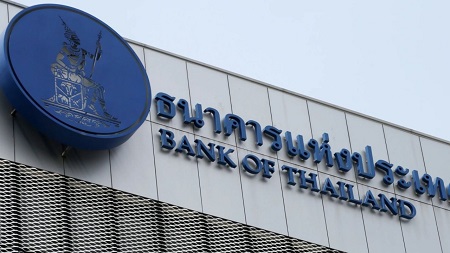Last updated on January 20th, 2022 at 04:28 pm
The paramount bank and regulatory authority in Thailand, The Bank of Thailand, has banned commercial banks in the country from getting involved in crypto activities, especially trading crypto assets.
Chayawadee Chai-Anant, the central bank chief executive, released an edict on December 7 to outlaw banks from directly being involved in crypto because of the high price volatility and similar risks that are linked to it:
“We don’t want banks to be directly involved in digital asset trading because banks are (responsible) for customer and public deposits and there is a risk.”
This ban may have not come at the right time because banks in Thailand are actively involved in crypto activities. Several commercial banks have invested in cryptocurrency exchanges within the region.
In August, the Bank of Ayudhya raised $1.3 billion for Zipmex crypto exchange. A month ago, Siam Commercial Bank, the oldest bank in Thailand acquired the majority stakeholding in Bitkub, a popular Thailand crypto exchange.
The Central Bank has always shown its dislike for digital assets based on the blockchain, not minding that many brands and even individuals in the region are actively involved in crypto. A few days ago, Sakkapop Panyanukul, the Bank of Thailand Senior Director showed his disapproval of crypto payment: “If other currencies are widely used, it will impact the capacity of the bank. powerhouse to oversee the economy.”
Bank of Thailand has announced that it was wary of the crypto payment system that was used by some. To buttress this, in a report, the Chief Executive of BoT stated that cryptocurrencies are “associated with high price volatility and the risks of cyber theft, personal data leakage, and money laundering”.
“If digital assets become widely used as a means of payment for goods and services, such risks could affect the stability of the payment system, financial stability, and consumer protection.“





















